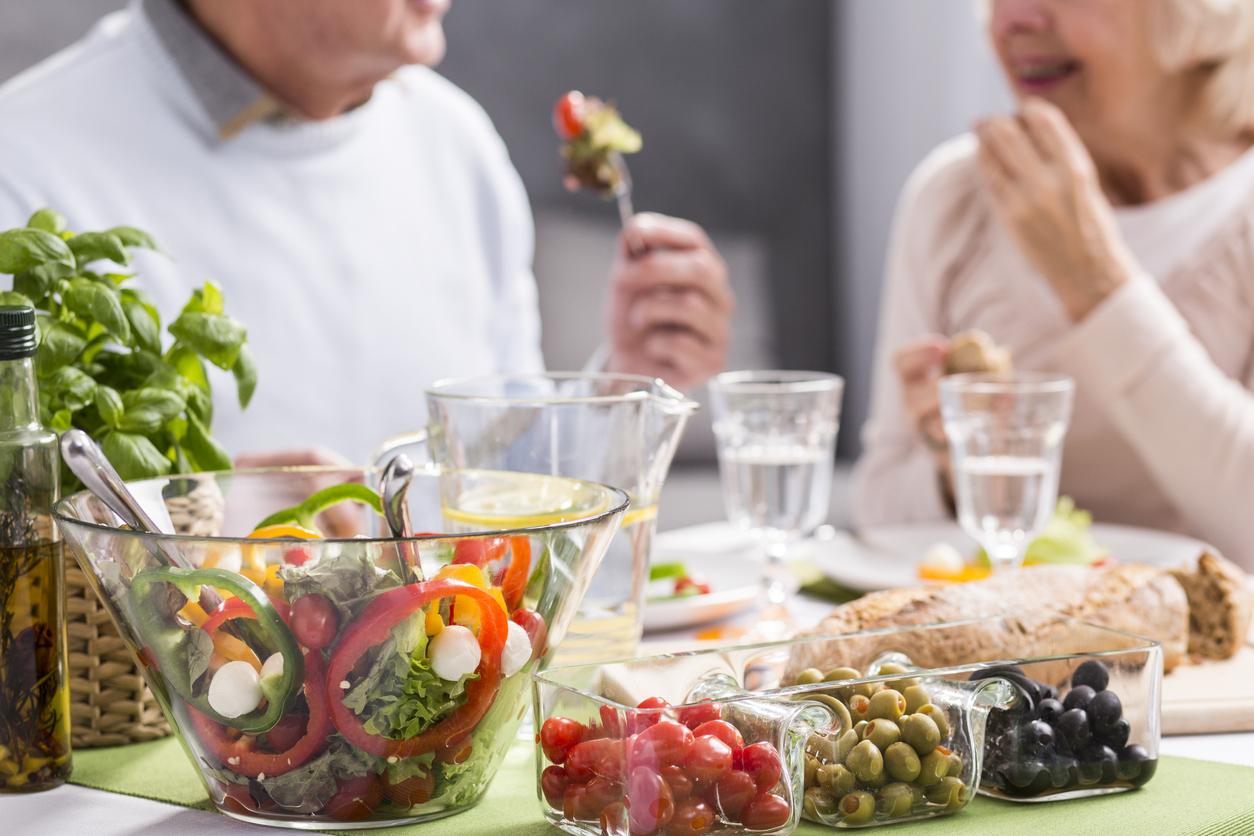The Foundation of the Academy of Medicine provides five essential tips for eating well at all ages.

- A good diet for children up to two years old must be started in utero and involves a diet for the mother during pregnancy.
- In children and adolescents, a balanced diet is based on 4 pillars: iron, calcium, essential fatty acids and phytonutrients.
- In the elderly, it is necessary to maintain a varied diet by reducing carbohydrates but with a protein intake and sufficient hydration even if the feeling of thirst has diminished.
On the occasion of its 10e birthday, the Foundation of the Academy of Medicine unveiled its new white paper titled “Food today and tomorrow”.
Food: why a new white paper?
Intended for a wide audience initiated and uninitiated, this work makes the summary of debates on food organized by the Foundation of the Academy of Medicine.
“With the contribution of doctors, nutritionists, chefs, scientists and users, we wanted, with this white paper, to stand against certain dietary recommendations which would push some of our fellow citizens to switch towards radicality in the ‘observance of “diets”, without any understanding of the risks they can take”, explains Richard Villet, Secretary General of the Foundation of the Academy of Medicine. “We would like to recall verified, scientific and essential information on food in a context where fake news floods social networks”continues the doctor.
5 essential tips for eating well
here are the key lessons listed in the white paper :
– Good nutrition for children up to two years old must be started in utero and involves a diet for the mother during pregnancy, of sufficient quality and quantity, without alcohol, with in principle only a folic acid supplement (vitamin B9). This diet should be continued while breastfeeding, which is highly recommended.
– In children and adolescents, a balanced diet is based on 4 pillars: iron, calcium, essential fatty acids and phytonutrients. Thus, an ideal diet should include two meat products (180 g) per day, one fruit or vegetable, three dairy products and one or two portions of fatty fish per week.
– In the elderly, it is necessary to maintain a varied diet by reducing carbohydrates but with a protein intake and sufficient hydration even if the feeling of thirst has diminished.
– “Water is not a remedy and, apart from specific pathologies, its consumption must be regulated by thirst. All liquids other than water are food”also recall the members of the Foundation.
– “A good diet requires good digestion. Also, chewing, conditioned by good teeth, is important. The time devoted to the meal must be sufficient and it must be a moment of relaxation and pleasure”, add the scientists.
Food : “there is no miracle diet”
“Obesity is undoubtedly the consequence of too much sedentary lifestyle and a diet that is too heavy, too fatty and too sweet. However, this is also linked to a lack of cerebral control of sensations of hunger and satiety under genetic dependence. they continue.
Furthermore, if there is no diet “miracle” guaranteeing health and immortality, several general recommendations emerged from the discussions carried out as part of the development of the white paper: excess alcohol is dangerous ; he is advisable to have a varied diet ; some diets that are too restrictive can cause deficiencies; there is no no anti-cancer diet ; Lfood must contain protein which can be of animal or plant origin.
Concerning more particularly the famous proteins, very popular on social networks, we can remember that the foods which are richest in them are meat, fish or eggs. Furthermore, animal proteins are more digestible than plant proteins. “For an equivalent protein intake, you must consume more plant proteins than animal proteins and you need very diversified plant products to maintain the same intake of essential nutrients. also emphasizes the white paper.
















